7 recent books on the Partition of India
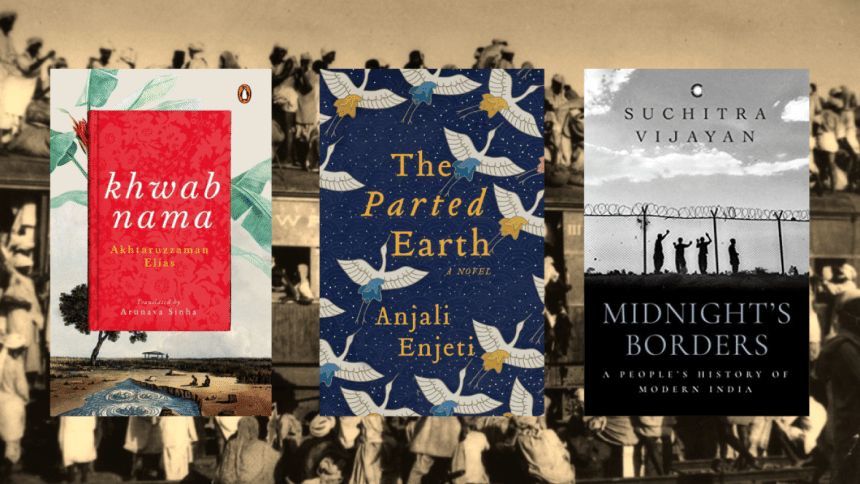
Seventy four years ago, on August 15, 1947, the British Raj ended after a near-200 year rule, forming an independent India and Pakistan; from the latter, Bangladesh would emerge in 1971. What led to this? Why did it happen the way it did? Was it the right decision? While these questions have kept historians, artists, authors, debating for decades, the legacy of Partition remains complicated and unresolved for those who survived it.
Earlier masterworks such as Bapsi Sidhwa's Ice Candy Man (1988), The Great Partition by Yasmin Khan (2007), Train to Pakistan by Khushwant Singh, Train to India by Maloy Krishna Dhar (2009), and the stories of Saadat Hasan Manto, among many others, are essential reading on the history of the subcontinent. One often finds so many strains of this past simply by tapping into it—while researching for this article, I learned that my own great-grandfather allegedly exchanged houses with an Indian family who needed to move to Kolkata during the years the Partition was set into motion. Asking family members brings forth the history and its remnants that are so easily forgotten.
With this list, we bring to attention the books recently released which deal with the politics and loss associated with this defining moment in history, in the form of both fiction and nonfiction.
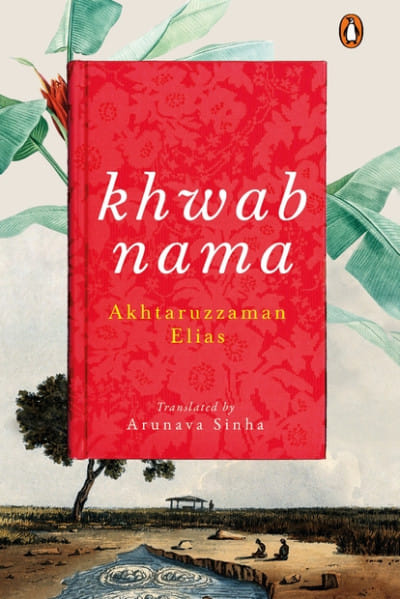
Khwabnama
Akhtaruzzaman Elias (Hamish Hamilton, 2021; transl. Arunava Sinha)
Arunava Sinha's rendition (and the first English translation) of Akhtaruzzaman Elias' 1996 Bangla novel, Khwabnama, is considered one of the finest literary works depicting the socio-political dynamics of pre-Partition Bengal. Set in the 1940s, Elias' saga documents the Tebhaga movement in which the peasants, driven by a shortage of food and wages, united to demand two-thirds of the harvest produced on lands owned by the zamindars. Elias blends history with memory to tell a tale of the marginalized of this land, and his complex, meandering prose and narrative structure have placed the novel among the greatest works of world literature.
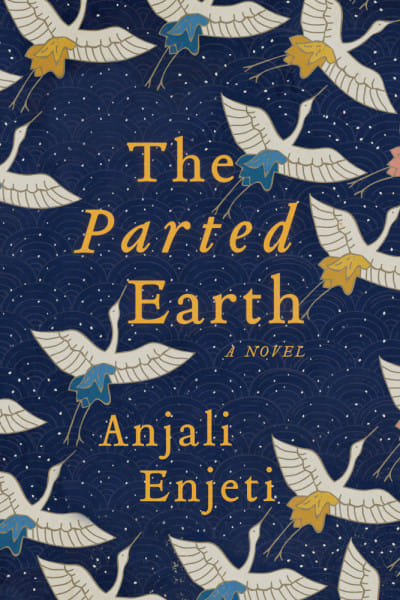
The Parted Earth
Anjali Enjeti (Hub City Press, 2021)
Enjeti's debut novel encompasses two worlds, 60 years apart, with two protagonists living in each time period—in 1947 Delhi, 16-year-old Deepa finds love amidst the violence brewing between Hindu and Muslim communities before she decides to leave the subcontinent; in 2017 Atlanta, her granddaughter, Shan, goes searching for Deepia through a website that seeks to reconcile the trauma of this chapter in history. A former attorney and journalist based in Atlanta, Enjeti, through her novel, seeks to explore how Partition affected not only those who lived through it but also their descendants.
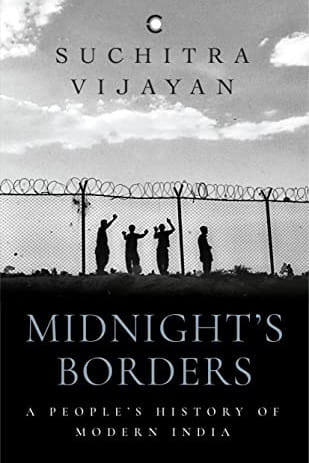
Midnight's Borders: A People's History of Modern India
Suchitra Vijayan (Context, Westland Publications, 2021)
Midnight's Borders depicts the dark side of nation-building by taking its author, a barrister who worked at the United Nations war crimes tribunals, on a journey spanning seven years and the 9,000 miles of India's borders with Afghanistan, Bangladesh, China, Myanmar, and Pakistan. Vijayan's ethnographic research, coupled with her award-winning photography, revisits the arbitrariness of the borders that divided India, and paints a tender portrait of the legacy of colonialism—the violence, displacement, and corruption it left behind for those stranded in the border regions.

Bengal and its Partition: An Untold Story
Bhaswati Mukherjee (Rupa Publications, 2021)
A diplomat and expert on European affairs, Mukherjee, in this book, reaches back to the division of Bengal, and argues against the British policies which damaged social and syncretic harmony in the region. She sifts through the conflicting opinions on partitioning Bengal, a decision, she explains, that had far reaching effects on the 1947 Partition and Bangladesh's war of independence in 1971.

Victory Colony, 1950
Bhaswati Ghosh (Yoda Press, 2020)
Also a debut novel, Victory Colony, 1950 centers on Amala (and her younger brother Kartik) and the trials faced by them in their quest to escape from the communal violence in her village in a post-Partition world. The story highlights the resilience of East Pakistani refugees who had to find their own path in the face of almost insurmountable losses despite being unwanted on either side of the border after Partition. It portrays the hard work and persistence required to overcome the struggles of a radically culture-changing event, while also touching upon the food, the daily customs, and the melodrama of life in a Bengali household, with a love story at its heart.
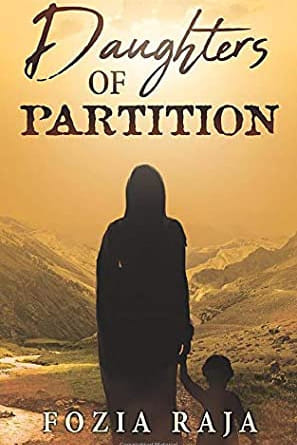
Daughters of Partition
Fozia Raja (Creative Ethnics Publishing, 2020)
Raja's engrossing tale focuses on a 16-year-old pregnant woman by the name of Taji Kaur, set against the backdrop of the British Raj coming to an end in August of 1947. The lives of the two Sikhs at the center of the story—Taji and her husband—are turned upside down as they find themselves caught on the wrong side of the border.
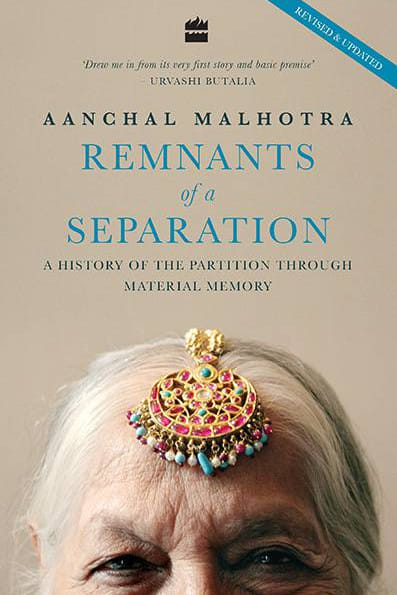
Remnants of a Separation: A History of the Partition Through Material Memory
Aanchal Malhotra (HarperCollins, 2017)
Shortlisted for the British Academy's Nayef Al-Rodhan Prize for Global Cultural Understanding, Remnants of a Separation first began life as Aanchal Malhotra's MFA thesis project several years prior. It is the only known study of the belongings carried by migrating refugees of India and erstwhile Pakistan in 1947. Utilizing text and photographs, Malhotra—whom we interviewed last year—traces the possessions that the displaced took with them when forced to flee their homes. Years later, the subjects of Malhotra's interviews revisit the circumstances under which they had begun their exodus, why they chose to bring the possessions that they did, and the snatches of history that remain locked in those objects.
Mir Zariful Karim has written for The Prestige Magazine and Daily Star Books. He currently works for Antopolis.

 For all latest news, follow The Daily Star's Google News channel.
For all latest news, follow The Daily Star's Google News channel. 

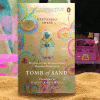
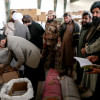
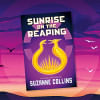

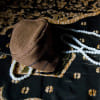


Comments